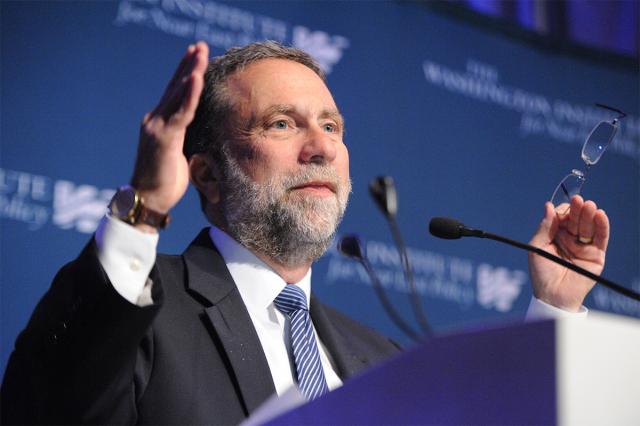Director's Message
A generation ago, the founders of The Washington Institute set out to promote peace and security in the Middle East by creating an institution dedicated to injecting realism, balance, and scholarship into the making of U.S. policy. Starting with a shoestring budget and a five-person staff, the Institute has grown over the past quarter-century to become a powerful “idea factory” that is home to Washington's finest collection of expertise on the political, security, military, economic, social, and cultural dimensions of the Middle East. A trusted resource for government, the military and the media, the Institute is proud to provide advice and counsel to presidents of both parties, help adversaries replace conflict with dialogue, and produce path-breaking research, analysis, and recommendations that have made Americans and our Middle East allies smarter, wiser, and more secure.
Today, politics, technology, and ideology are reshaping the Middle East in ways that demand even deeper examination and more comprehensive exploration than ever before. Across the region, new leaders are coming to the fore who are grappling with issues of religion and secularism, democracy and autocracy, wealth and disparity, pluralism and intolerance, war and peace—and their relationship with the United States. In this context, the Institute is redoubling its effort to provide policymakers with the in-depth information and ideas they need to respond to the changing dynamics of the Middle East and to advance American interests.
Politics, technology, and ideology are reshaping the Middle East in ways that demand even deeper examination and more comprehensive exploration than ever before.
In the bygone era when the Institute was founded, when people got their news from newspapers and the three major networks, the Institute was a trailblazer in the ideas business by designing a novel format to bring expert analysis directly to the desks of policymakers and journalists before the close of the news cycle—our innovative "PolicyWatch/PeaceWatch" series, which was distributed by fax to offices across Washington. Today, with fax machines going the way of the mimeograph and the typewriter, the Institute is once again taking a leap into new technology to provide our principal consumers—policymakers, journalists, diplomats, and experts, from here and abroad—with the most up-to-date analysis and ideas as quickly and efficiently as possible.
This new website is part of that process of innovation. It joins new initiatives to provide live broadcasts of Institute events via webcast, the increased accessibility of archived video of past events, and the expansion of the Institute's presence on social media sites such as Facebook and Twitter. I urge you to take advantage of the opportunities technology provides to subscribe to receive obtain our latest research by email.
Robert Satloff
Executive Director, The Washington Institute
